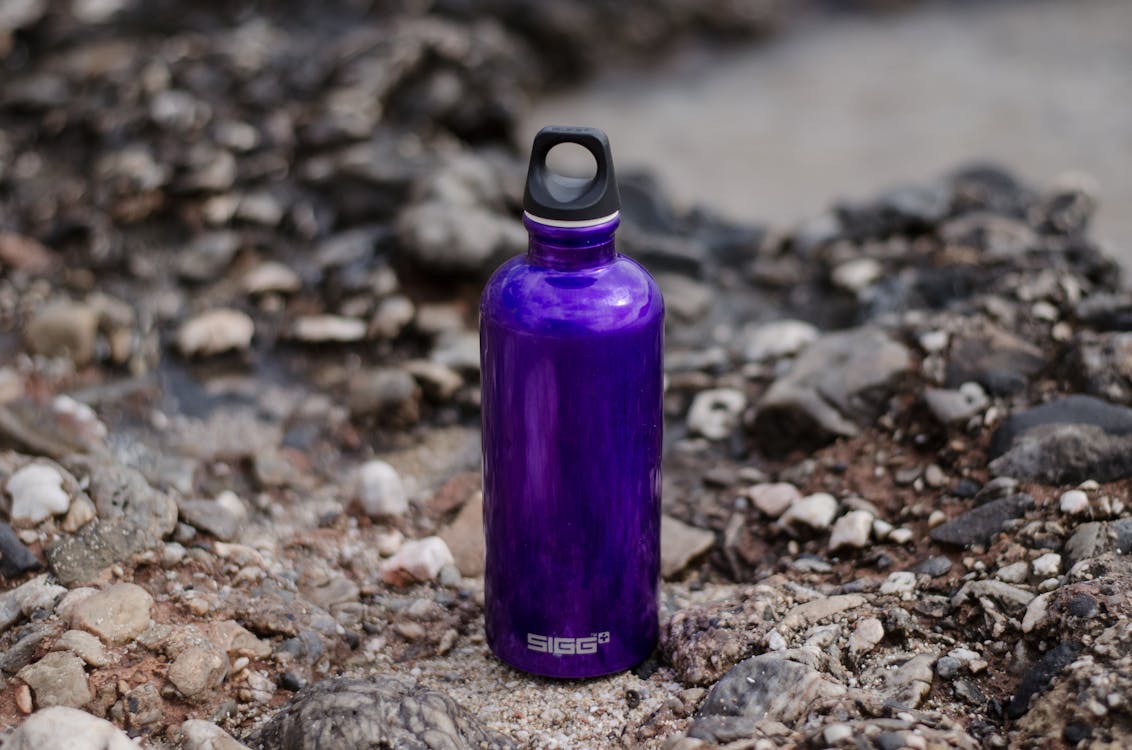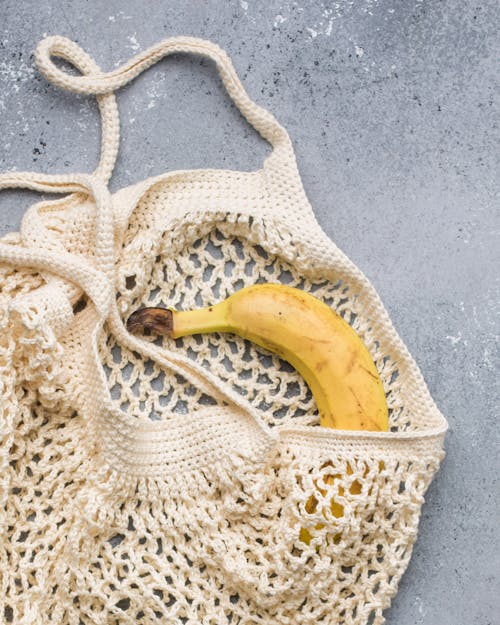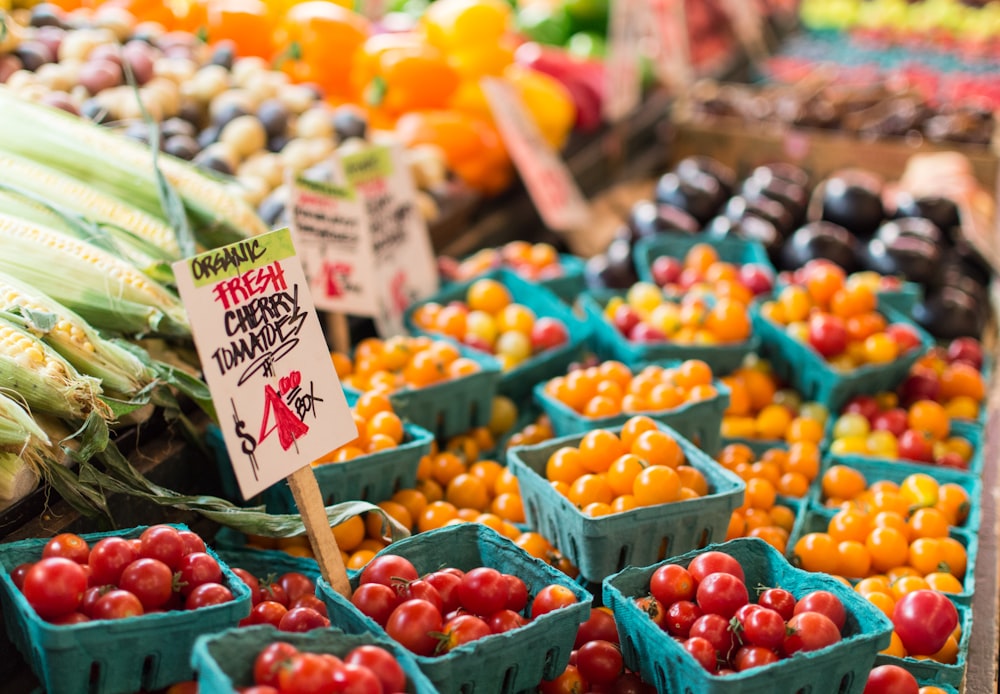7 Things You Can Do Today To Create Less Waste
Today is Tuesday and I have already taken my garbage out twice this week.
In the United States, the average person generates approximately 4.6 pounds of trash daily. So it’s not just me. How can we create less waste? By replacing our current over-consumption habits with sustainable practices, we can make a lasting impact for good.
Heavenly Father instructs his children to care for the earth that he has given us. In Doctrine and Covenants 104:13-14 we read, “For it is expedient that I, the Lord, should make every man accountable, as a steward over earthly blessings, which I have made and prepared for my creatures.”
Here is a list of 7 things you can start doing today to create less waste and become a better steward of the earth.
1. Bring your own to-go box and utensil kit

Humans produce more than 14 million US tons of plastic foam yearly. It might feel odd at first, but bring your own to-go container (a Tupperware or jar) to restaurants helps to make an immediate impact. If you go to a restaurant that only offers plastic utensils and straws, try bringing your own reusable options.
Build your own utensil kit with a cloth napkin, thrift store utensils, and a stainless steel straw. Avoid being caught without reusable alternatives by keeping what is sensible for you in a backpack or purse.
2. Buy in bulk
Buy food in bulk to help circumvent unnecessary plastic packaging. Try to buy exact amounts of foods like nuts, flour, sugar, rice, and oats from bulk bins to avoid food waste.
Avoid pre-wrapped and pre-cut fruits and veggies. If there is an item you can only get in plastic, like vinegar, aim to buy the biggest container available, as it uses less plastic in comparison to a few smaller containers of the same item.
3. Plant a garden and eat seasonally

Eating seasonally is nothing new. Before preservatives and refrigerated trucks, food could only be transported as far as a horse and carriage would go; it was necessary to eat what grew in your area. Eating seasonally refers to a way of cooking that focuses on locally grown ingredients when they are in their peak season.
Choosing to eat locally and seasonally has been shown to reduce your personal carbon footprint of your food by up to 10%. Grow your own food, or buy food from local vendors to create a much more sustainable way of eating. Rather than buying bananas that have been shipped thousands of miles, choose a tomato that was grown in your own backyard.
4. Buy clothing second hand

According to Forbes, the fashion industry makes up 10% of the globe’s carbon emissions and, after oil, is the highest industrial polluter. Many clothing companies are working towards sustainability, but as a result, their products generally cost more in comparison to fast fashion brands.
Secondhand shopping is an alternative to these expensive, sustainable brands. Thrift shoppers are not only saving money, but help remove clothes from the waste stream. Secondhand shopping is rewarding but it takes time, patience, and strategy. I have found many quality pieces from name brands for less than five dollars.
If you prefer to shop online there are a variety of apps you can use instead of going to a store.
5. Stop buying plastic water bottles and cups

The world uses 500 billion plastic cups every year. With so many affordable reusable water bottles on the market, there really is no excuse to not have one on hand. Plastic water bottles and cups create unnecessary waste that can take up to 1000 years to decompose in landfills.
6. Bring reusable bags to the store

Most grocery stores offer canvas alternatives to paper and plastic bags. Of course, you will have to invest a few dollars for the bag, but that purchase will yield a tangible impact on the amount of single-use plastics you use daily.
Try not to use plastic produce bags at the grocery store—aren’t you going to go home to wash it anyway? If you don’t want to put your fruits and veggies directly in the cart, use your canvas tote as a bag.
Related: Mormon Environmentalism
7. Use what you (and others) already have

After reading this, it might be tempting to go out and buy a stylish new water bottle, but chances are you already have one at home. Strive to be more aware of the things you have access to rather than buying new.
For example, if you only go camping once a year, instead of buying a new tent, borrow a neighbor’s. Lend out your quilt frame so your friend doesn’t have to buy her own. Not every person should have to have their own of everything.
Related: 10 Family Activities for Earth Day
“God has made us accountable for the care and preservation of the earth and the wise use of its resources. As stewards, we avoid complacency and excessive consumption, using only what is necessary. We make our homes, neighborhoods, and cities beautiful. We preserve resources and protect for future generations the spiritual and temporal blessings of nature.”
-churchofjesuschrist.org on Environmental Stewardship and Conservation
Do you have any other tips for taking better care of our earth? Let us know in the comments below.



